Billion year old bacteria in NT rocks and bugs from outer space
Researchers from the CSIRO, Sydney University and Colorado State University have developed a means of detecting signs of ancient microbes which may have lived on Earth or come from outer space.
The group already has picked up signs of bacteria more than a billion years old inside rocks from the Northern Territory.
The technique centres around analysing tiny oil droplets-sealed inside rocks as they formed-for traces of chemical compounds known only to be produced by particular types of organisms. The results provide unequivocal evidence of their presence.
“Oil forms from decayed organisms, and theref
ore contains fatty tracers or biomarkers for the organism from which they came-like the footprint of a dinosaur, but at a molecular level,” says Herbert Volk from CSIRO Petroleum, a member of the research team.
“It’s important that we understand these early organisms, as they were the building blocks for the evolution of the more complex life forms which play an important part in today’s ecosystems.”
The team has managed to extract such biomarkers from oil droplets sealed in Precambrian rocks from the Northern Territory for more than a billion years.
The chemical analysis of the oil indicates that it is derived from single-celled cyanobacteria, the aquatic and photosynthetic bacteria responsible for increasing oxygen levels in the atmosphere. There is also evidence of the presence of more complex strains of life.
“Microscopic evidence of fossilised microbes is very rare in rocks of this age, and if present are often fiercely debated,” Volk says. “Biomarkers have been extracted from rocks of similar age before, but these were not from oil droplets sealed in crystals, so they may have been contaminated by more recent life forms. The new results are free of such doubt.
“And should oil inclusions be found in extraterrestrial rocks such as meteorites or Martian rocks, the molecular signature would be perfectly protected from traces of terrestrial life that could otherwise compromise the information.”
Herbert is one of 13 Fresh Scientists presenting their research to the public for the first time thanks to Fresh Science, a national program hosted by the State Library of Victoria. One of the Fresh Scientists will win a trip to the UK courtesy of the British Council to present his or her work to the Royal Institution.
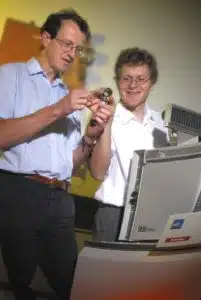
Herbert and Simon George
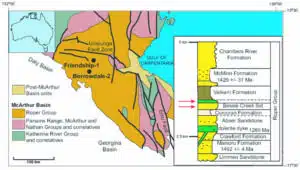
Herbert geological map Roper Basin
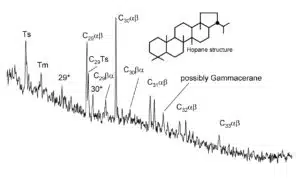
Chemical composition graph of Bessie Creek material

Oil Inclusions of Bessie Creek
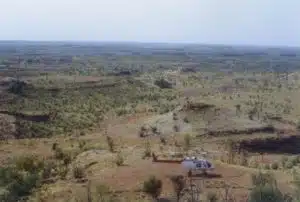
Roper Basin

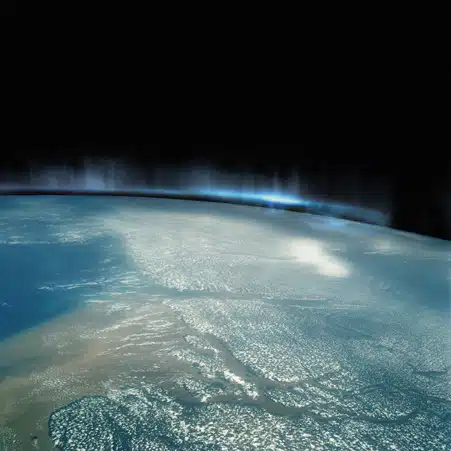
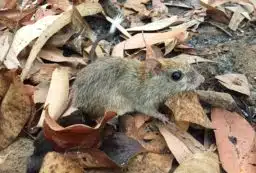
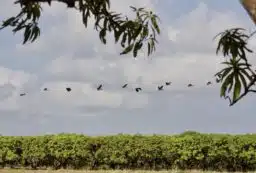

 Fresh Science is on hold for 2022. We will be back in 2023.
Fresh Science is on hold for 2022. We will be back in 2023.